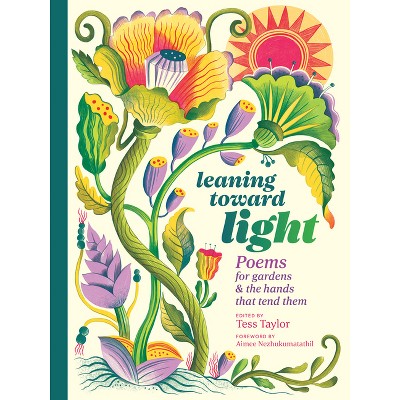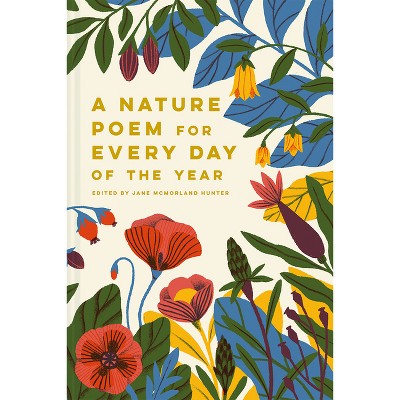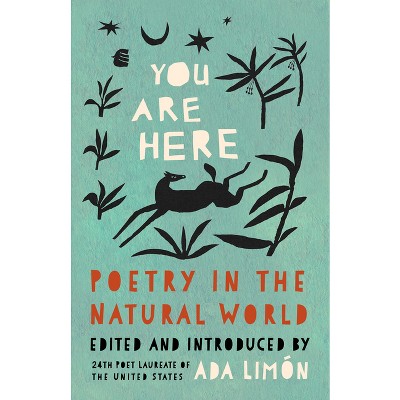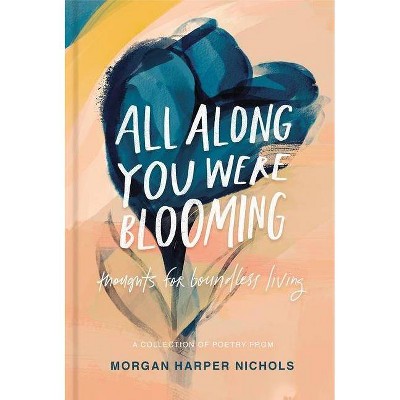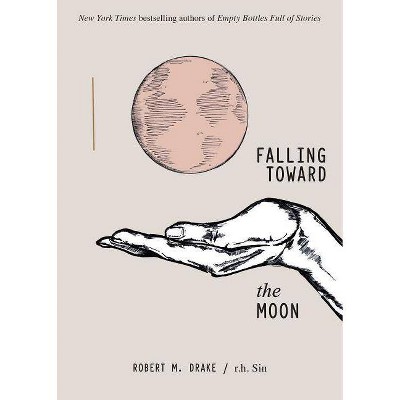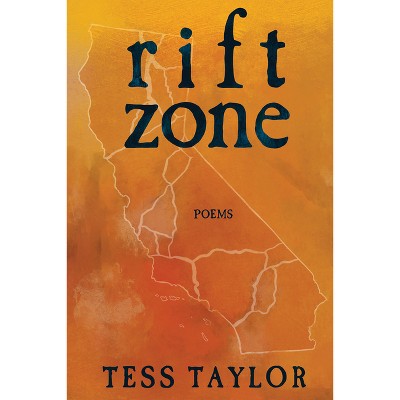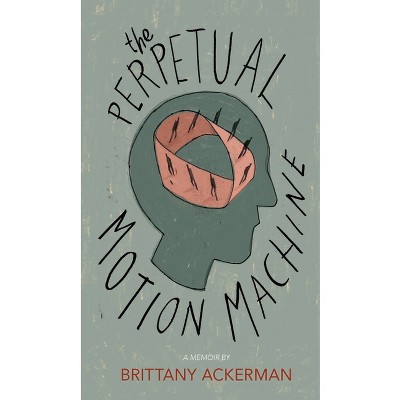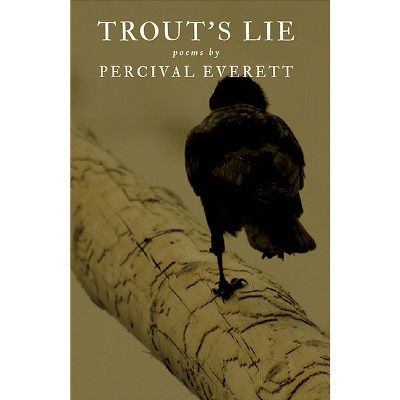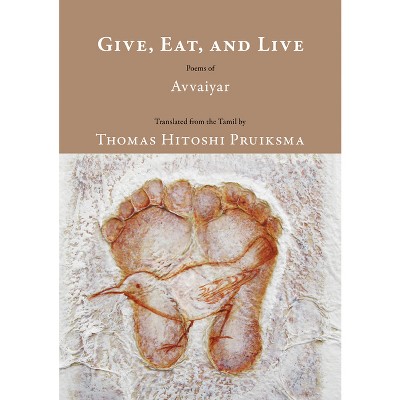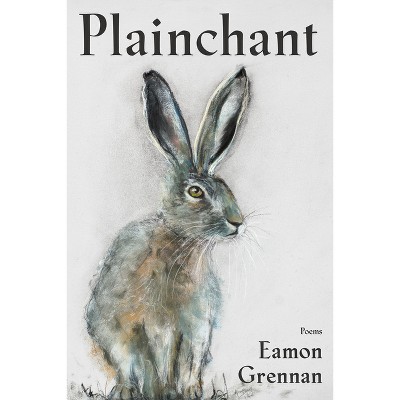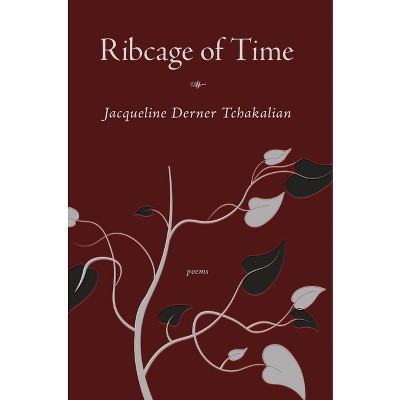Sponsored

Work & Days - by Tess Taylor (Paperback)
In Stock
Sponsored
About this item
Highlights
- A poet hailed as "stunning" reveals a fierce and sensual intelligence in a meditation about farming, reproducing, and what it means to try to forge a relationship with the earth.
- About the Author: Tess Taylor grew up in Berkeley, California, where she led youth garden programming at the Berkeley Youth Alternatives Community Garden and interned in the kitchen at Chez Panisse.
- 72 Pages
- Poetry, American
Description
About the Book
A poet hailed as "stunning" reveals a fierce and sensual intelligence in a meditation about farming, reproducing, and what it means to try to forge a relationship with the earth.
Book Synopsis
A poet hailed as "stunning" reveals a fierce and sensual intelligence in a meditation about farming, reproducing, and what it means to try to forge a relationship with the earth.
Review Quotes
"Tess Taylor's second book of poems offers a series of deliberate lyrics, lyrics as deliberations-tendings and attendings in a Hesiodic and Virgilian key: here I work a plot that also grounds. This is a book both grounded and worldly, alert to the smallest pecks a bird might make and to the drones and bombs the US dispatches in the names of its citizens. The shape of a day, a year, a life; the press of mortality; the clutch of soil; the specific angles of light in each season: Work and Days takes the measure of a contemporary life anchoring itself, provisionally, in a farming year. The beauty here co-exists with rot, ripeness with blight. Taylor's poems are lean, her imagination and reckoning rich. The turn of the plow offers one of the oldest images of the turnings of verse: Taylor's poems carve their own furrow in our common soil--a line between wanting and getting, working and hoping, learning and failing, losing and making. This is a severe, attentive book, paradoxically lush in its very stringencies. Despite all, a throaty world sings ripen."
--Maureen McLane
"Work & Days is our moment's georgic, our lyric book about labor and retreat, security and greenness, a book with "a thousand leeks to plant" and also a lament, in "cello tones . . . It is not coming back." It is vividly seen but also full of open space: Taylor invites us . . . into a seasonal cycle that's not what it was, that reflects a changing earth, but one that nevertheless looks back to antiquity fully persuaded that its traditions are here for us too."
--Stephanie Burt
"Taylor is geologically, biologically, and morally alert. With a naturalist's painterly and wide-open gaze, she includes crises of war and environment alongside the actual, detailed labors of greenhouse and field. This book presents the knowledge of labor in many forms: its ripening in gardens and farms, culture and birth-giving, an inseparable part of our days' broader makings within the 'chapped farmhouse' that houses our hard-won, shared fates amid the existence of all."
--Jane Hirshfield
"It's wonderfully carnal, that savoring that carries all the way into darkness . . . The opposite of error, here, is not correctness--it's life, and the hunger for life, for the vegetables that turn dark soil and the day's light into sweetness . . . and for our own conversions, too . . ."
--Slate.com
"Taylor contemplates the invisible threads that tie the individual body to the numerous bodies scattered across the planet . . . Taylor's engagement with the poetry of agriculture reveals a deep sense of humility and a newfound gratitude for life itself."
--Publishers Weekly
". . . a book . . . of great immersion, in both landscape and thought."
--Kirkus Reviews
"(This) lapidary, moving book . . . shows that across thousands of years, these smallest acts--to grow, harvest, mourn--still remain central to lyric utterance. Is such a pastoral sensibility possible in the mediated world of 21st century American life? Taylor's answer is not only yes, but to focus on the thousands of workers both here and abroad who live a life based on laboring with the earth. These subtle poems, like those that explore her lineage to the Jefferson family in her first book, are not without harder-to-confront agonies. As she draws the world... proximate to touch, the intuited sense of apocalypse--whether ecological disaster, or global political chaos--draws closer . . . (as well.)"
--LitHub's "30 Poets You Should be Reading"
". . . in an era when distraction endlessly beckons from tiny screens in the palms of our hands, [Taylor] says farming can help reconnect us to the world."
--The Salt @ NPR
". . . with [Taylor's] consciousness, evocative and redolent of the hard sensory clarity of the earth, come also intimations of apocalyptic time as much around the world as here at home."
--LitHub
". . . we feel her muscles singing."
--Library Journal
"Tess Taylor's poetry . . . points to her craft and artifice . . . in preternatural lyrics about the cycle of the seasons (with) austere, resonant and sometimes terrifying subjects . . . formal, darkling poems . . . her project--the wages of war, labor, ecological violence--is revealing yet further urgent contexts for poetry."
--Barnes & Noble Review
About the Author
Tess Taylor grew up in Berkeley, California, where she led youth garden programming at the Berkeley Youth Alternatives Community Garden and interned in the kitchen at Chez Panisse. In her twenties, she dropped out of Amherst College to become a translator and chef's assistant at L'Ecole Ritz Escoffier in Paris. An avid gardener and cook, she is also an acclaimed poet. Her chapbook The Misremembered World was selected by Eavan Boland and published by the Poetry Society of America. Her work has appeared in The Atlantic, Boston Review, Harvard Review, The Times Literary Supplement, and The New Yorker. The San Francisco Chronicle called her first book, The Forage House, "stunning" and it was a finalist for the Believer Poetry Award. Tess is currently the on air poetry reviewer for NPR's All Things Considered, and was most recently visiting professor of English and creative writing at Whittier College.Shipping details
Return details
Frequently bought together






